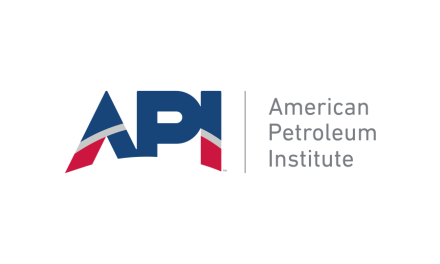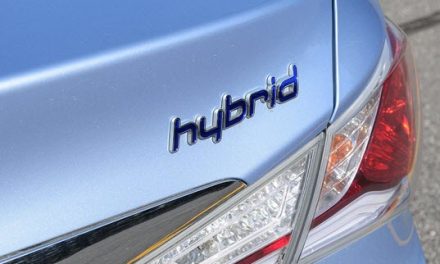The statutory biofuel mandates under the Renewable Fuel Standard (RFS) are infeasible to achieve in 2015 and beyond and could cause severe harm to consumers and the U.S. economy, according to a study by NERA Economic Consulting released Wednesday by API.
“Current mandates try to force more ethanol into gasoline than is safe for the majority of cars on the road,” said API Downstream Group Director Bob Greco in a conference call with reporters. “Rather than risk damage to vehicles, NERA predicts that refiners will instead be forced to reduce the nation’s supply of gasoline and diesel by as much as 30 percent.”
Fuel blends with higher than 10 percent ethanol could damage engines and fuel systems in millions of automobiles, according to research by the Coordinating Research Council, and damage lawn and marine equipment. Automakers have said use of higher ethanol blends, such as E15, could void warranties.
NERA also concluded the consumer demand for higher ethanol content gasoline like E85 and E15 is too small to serve as an outlet for higher ethanol mandates.
“You don’t have to be an economist to know that removing almost one-third of our nation’s fuel supply would deal a crippling blow to our economy,” Greco said. “Such a large decrease in fuel supplies would have a broad impact across the entire economy, and NERA predicts this would dramatically increase fuel costs for consumers.
“While API continues to press for full repeal or significant reform of the RFS, we understand that will take time. And in the meantime, as the NERA study concludes, the consumer could feel the pinch in the form of higher energy costs. That’s why we urge EPA to reduce the total renewable fuels volume requirement and waive the cellulosic ethanol requirement for 2014, 2015, and 2016.”








